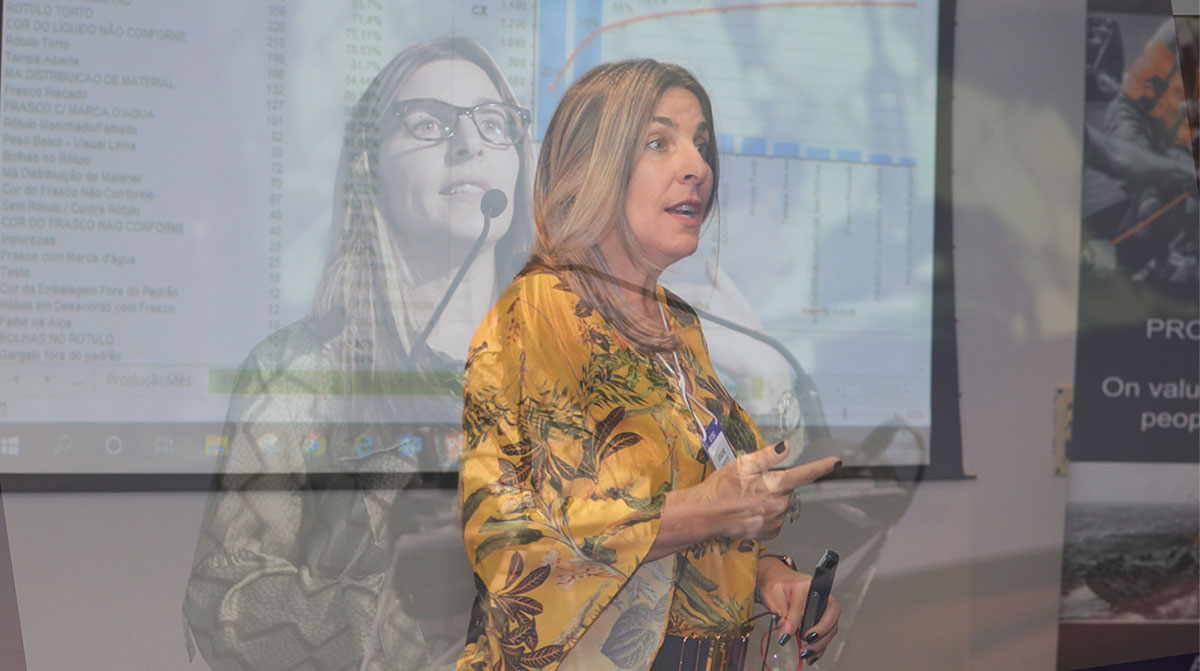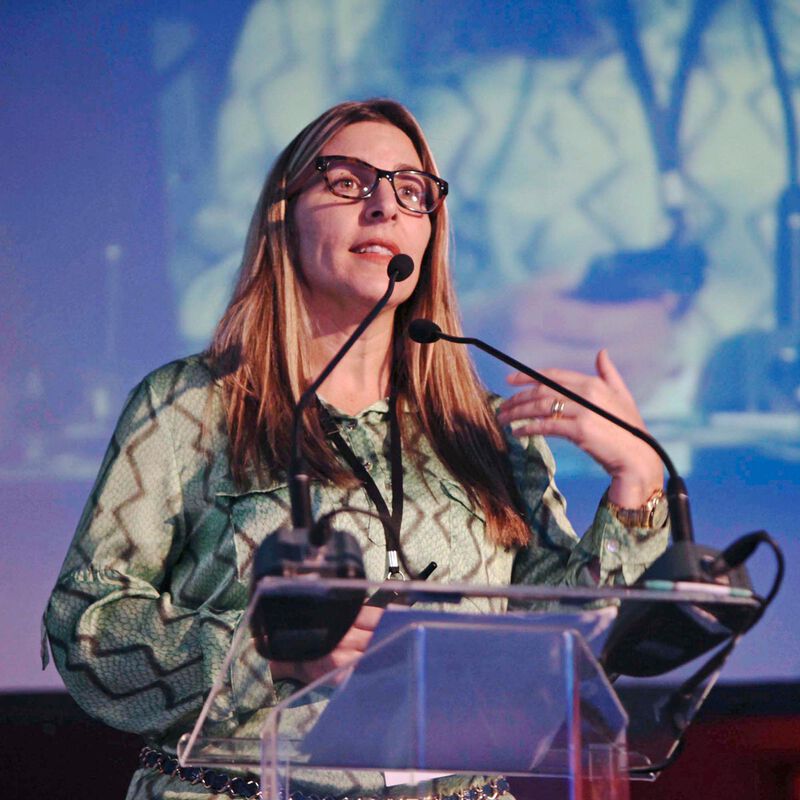"METHODOLOGICAL COMPETENCE IS THE KEY"

BRAZIL
Interview with Ariadne J. M. Garotti, Vice President
Ariadne, what challenges are your customers in Brazil currently facing?
This depends on the size and industry of the company. In the manufacturing industry, for example, two client groups are essential: on the one hand, the global players, e.g. with an EFESO client leader in Germany, usually we follow the projects they have designed. Here, topics such as digitalization, Industry 4.0, and operational excellence dominate the agenda. This also applies in part to local clients who have ten or more plants in Brazil. On the other hand, we also support small local clients with only one plant. The focus here is on very basic issues, such as optimally designing work with obsolete machines, establishing new methods such as lean management, or creating a basic awareness of OPEX.
Both groups have in common, that cost reduction and productivity are mostly in the focus. Additionally, the COVID-induced boom in the online trade and logistics sector is of course also having an impact, with many companies having to adapt their supply chains to high demand. So, in this case we show our clients how to shorten delivery times, reduce transport costs and optimize distribution centers, for example.
How do you proceed in such cases?
When we start a project, we usually start with an assessment to understand the client's weak points and link to their strategy. From that, we see what kind of projects we need to develop to help them. Here, it is important to consider how the local consulting market has changed over the past three or four years. Many companies were interested in long-term consulting, such as developing programs for their employees. That has changed completely – now everyone asks about the immediate return of investment. Clients today have small budgets and want to buy small projects, a very clear difference in our market. So, while we used to develop programs with a broad horizon, now we develop short-cycle projects.
Moreover, our consulting approach is different from other countries: we do not focus on specific sectors, but on methodology. For example, I don't have a designated food and beverage expert on my team – he is a lean manufacturing expert. If I have a methodology expert, he can strengthen our clients in all industries. Methodological competence is therefore definitely the key to project success in this country.
Let's expand that with a larger perspective. What would you say would have to be changed in the overall economic situation in Brazil to stabilize your customers businesses today and in the future?
The political and economic situation here is very critical at the moment, until we have the elections for the new president this year. We have a low purchasing power and a high inflation. Furthermore, there are many unemployed and the level of education is low. Many people have not studied, less five percentof our population speaks English fluently. This is very challenging for us as a global company.
Therefore, I see two particularly important areas for action: firstly, Brazil needs to invest much more in education. Secondly, we must find a way to reduce the gap between the rich and the poor. Of course, the enormous size of the country is a factor here.
In the past we developed programs,
now we develop short-cycle projects.
An issue for many industries is the convergence of digitalization and sustainability – what priority does this issue have for Brazilian companies?
This is definitely on the agenda in the corporate groups. But Brazil is not in the same situation as the European countries, we are still far from Industry 4.0. Standardizing processes is certainly very important for companies that have more than one plant, but before that, we have to evaluate the current situation. Based on an evaluation, we look for ways to reduce costs or increase productivity. We optimize the processes for our clients before we standardize them in order to establish projects permanently. We train people in the new process, the new way of working. And if we don't standardize, we don't achieve sustainability in the project.
When you talk about environment and sustainability, for example based on reverse logistics, the topic is becoming very important. We talk about stability in the project results with our clients, but we also start to talk more and more about stability in environmental safety work. Brazil is very committed in this area, as our forests and ecosystems are the "lungs of the planet". At the same time, however, agriculture and the extraction of mineral resources are the two largest sectors of the economy. This is not always easy to reconcile. In the past this was neglected, but now we are talking about the reuse of raw materials and the recycling of materials. Environmental regulations in Brazil are now very strict.
If we don't standardize,
we don't achieve sustainability.

What characterizes the cooperation with companies in Brazil?
What do good consultants use to convince their clients? Here in Brazil, many companies are skeptical about junior advisors. You must have white hair to be considered more experienced. So, we are much more acting as teachers, do trainings for our clients and accompany them intensively with a deep professional experience through their projects. But of course, every team needs young talent. But it is very difficult to find suitable candidates at the moment. Some know a lot about lean manufacturing, but not about efficient methodology, the roots. It's a vicious circle for young talents, who first must build upthis experience and competence.
EFESO clients: our consulting focus in Brazil
- In 2020, our focus was 90% manufacturing and now growing in the services, logistics / transportation sector and other industries. Key topics are OPEX and supply chain management.
- Different challenges: smaller clients with one or two plants are focussed on basics in structuring and developing manufacturing processes. Industry 4.0 projects only with group level clients with a lot of plants in the country and around the world, e.g. Industry 4.0 diagnosis assessments with food & beverage clients.

